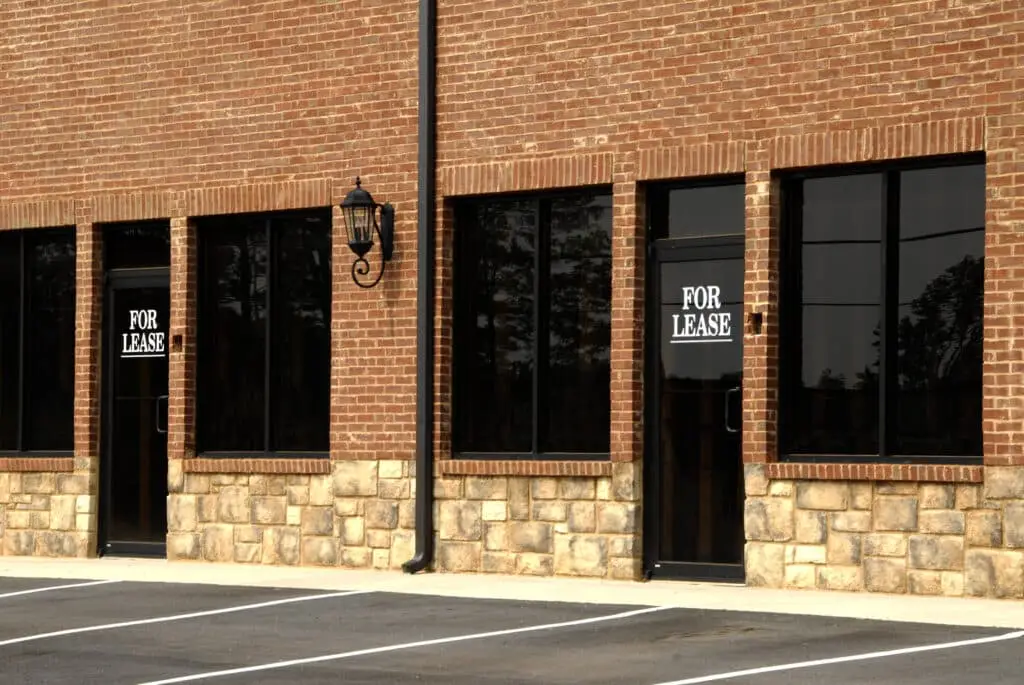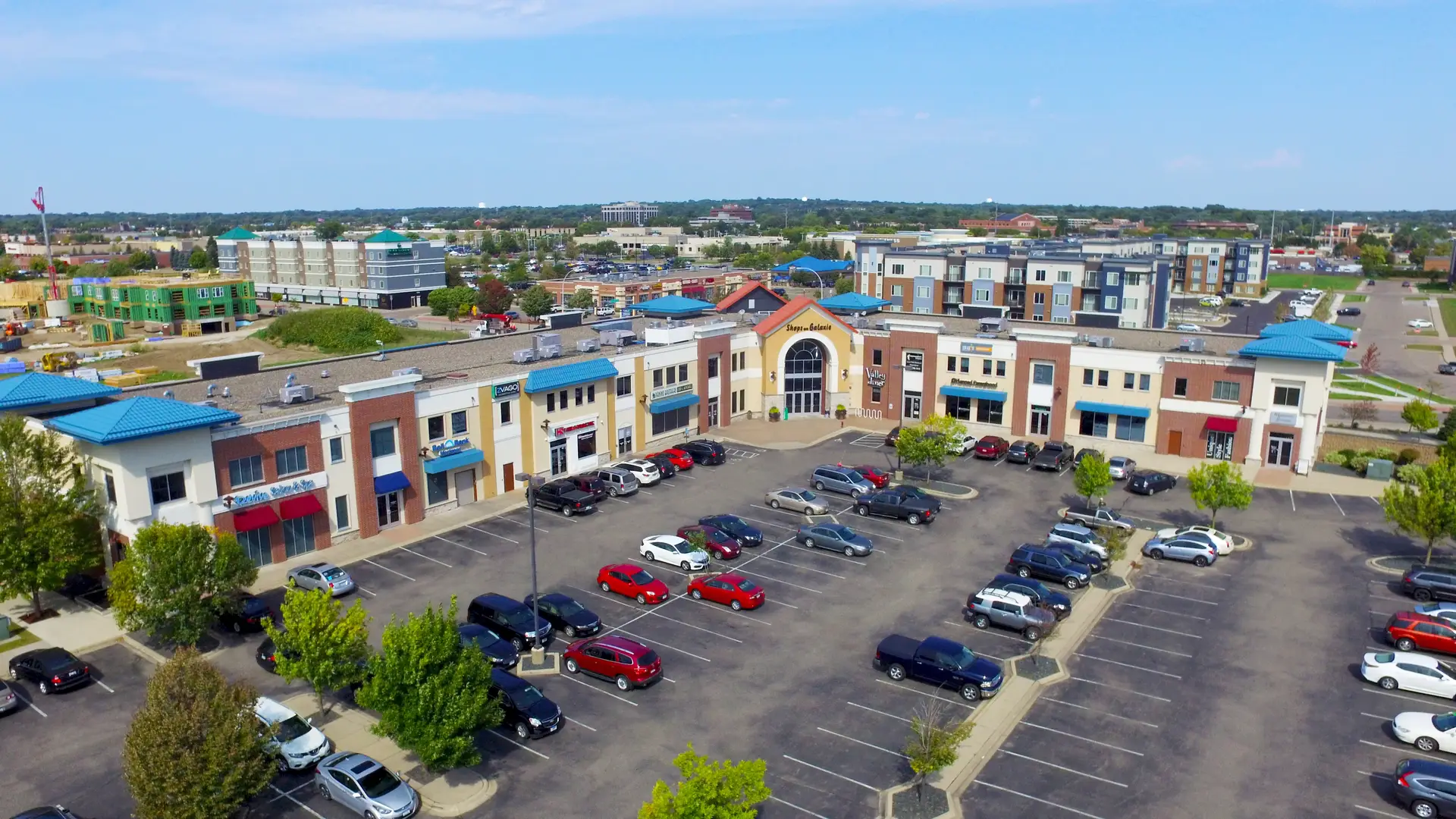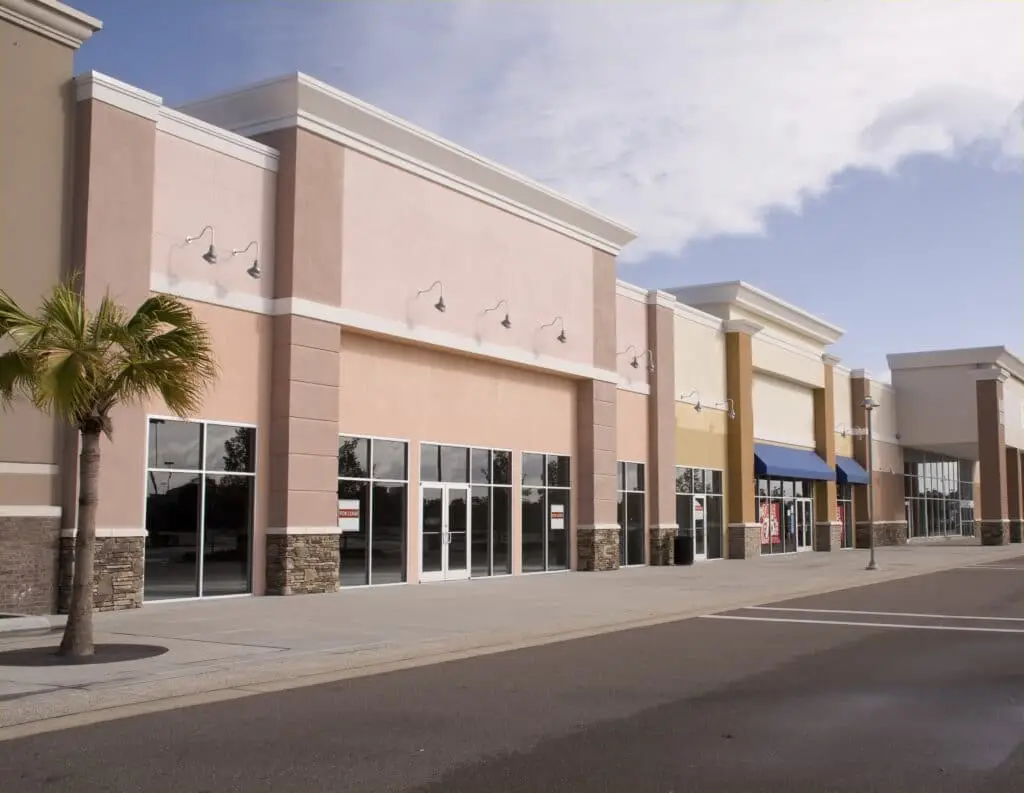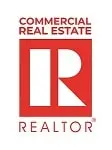10 Commercial Real Estate Terms You Need to Know Before Your Next Lease Negotiation
If you are new to commercial leasing, haven’t negotiated your lease in a while, or are in the middle of negotiations and don’t know how to read the agreement, we’re here to help. Understanding essential commercial real estate terms can significantly impact the outcome of your negotiations. Here are 10 important commercial real estate terms you need to know, along with detailed explanations and examples that will help you navigate your lease agreements more effectively.
1. Triple Net Lease (NNN)
A triple net lease (NNN) is an agreement where the tenant is responsible for paying their share of the operating expenses of a property, including property taxes, insurance, and maintenance. These expenses are in addition to the base rent. For instance, if the base rent is $2,000 per month but the operating expenses total another $500, the tenant’s total monthly obligation would be $2,500. The landlord typically retains responsibility for structural issues and non-operating expenses (leasing commissions, tenant improvements, legal, marketing, etc.). It’s crucial to clarify these terms during negotiations to avoid unexpected costs.
2. Gross (Full Service) Lease
Unlike in a triple net lease, in a gross lease, the landlord is responsible for the property’s operating expenses such as maintenance, insurance, and property taxes. The tenant pays a single rent amount, which simplifies budgeting. For example, if the agreed rent is $3,000 per month, that amount covers all expenses, unlike NNN leases where costs can fluctuate. This type of lease is often preferred by tenants who want predictability in their expenses.
3. Base Rent
Base rent is the minimum rent required in the lease agreement. The base rent excludes expense recoveries such as utilities, property taxes, and maintenance fees. For example, if a lease states a base rent of $1,500, this amount does not include any additional costs incurred during the lease term. Understanding this distinction is crucial, as the total cost of occupying a space can significantly exceed the base rent when additional expenses are factored in.
4. Common Area Maintenance (CAM)
In a multi-tenant building with net or triple net leases, tenants pay a share of the cost of maintaining the common areas as part of operating expenses. Common area maintenance (CAM) costs typically cover the maintenance of the lobby, hallways, parking lot, and landscaping. For instance, if the total CAM expenses for a building are $10,000 and there are ten tenants, each tenant would be responsible for $1,000 of those costs. It’s essential to understand what is included in CAM fees to avoid unexpected charges.
5. Escalation Clause
Escalation clauses allow landlords to raise rent. It is common for landlords to increase rent to keep pace with inflation. For example, a lease may specify that rent increases by 3% annually. This means if your starting rent is $2,000, the rent would increase to $2,060 in the second year. Periodic rent increases can be stated as fixed percentages or dollar amounts, or variable tied to changes in the Consumer Price Index. Being aware of these clauses is vital for long-term financial planning.
6. Tenant Improvement (TI) Allowance
Landlords may offer to pay for some or all of the costs to make the leased space suitable for the tenant’s business needs. This is known as a Tenant Improvement (TI) allowance. For example, if a tenant plans to open a restaurant that requires significant modifications, the landlord might offer $50,000 in TI to cover renovations. Read more about tenant improvements here. Understanding TI allowances can be a negotiating tool for tenants looking to customize their space without incurring all the costs themselves.
7. Percentage Rent
Percentage rent agreements are sometimes used in retail leases. In these agreements, the tenant pays the landlord a base rent plus a percentage of their gross sales once sales pass a stipulated threshold. For example, a tenant might pay $1,500 in base rent plus 5% of sales exceeding $100,000. This arrangement can be favorable for landlords in high-traffic areas, as their earnings increase with the tenant’s success. It’s essential for tenants to understand how these agreements work and how to project their sales accurately.
8. Usable v. Rentable Square Footage
A commercial lease typically outlines usable and rentable square footage. Usable square footage includes the space that is exclusively for the tenant. Rentable square footage is the usable square footage plus a prorata portion of the building’s common areas. For instance, if a tenant occupies 1,000 square feet and the common areas account for another 200 square feet, the rentable square footage would be 1,200 square feet. It’s crucial for tenants to understand these measurements to avoid paying more than they should for their space.
9. Right of First Offer (ROFO)
When a lease provides a tenant the right of first offer, the tenant has the opportunity to lease additional space or purchase the property before the landlord offers it to another party. For example, if the landlord decides to lease an adjacent space, the current tenant gets the first chance to negotiate terms before the property is marketed. This clause can be advantageous for tenants looking to expand their operations without uncertainty.
10. Holdover Tenant
Leases often include clauses that govern what happens when a tenant’s lease term is expired. A holdover tenant is a tenant who remains on the property after the lease term expires without the landlord’s consent. The lease clause stipulates the rent rate and conditions that govern any holdover period, typically at a higher or punitive rent. For instance, if the original rent was $2,000, the holdover rent might increase to $2,500. This ensures the landlord is compensated in the event that a tenant remains past their lease term, and encourages the tenant to renew or leave promptly.
Commercial Real Estate Terms You Need to Know | Clarity Commercial
If you’re in the middle of lease negotiations or searching for your next tenant, Clarity Commercial can help you negotiate favorable terms. For professional commercial real estate management support, contact Clarity Commercial today.
Finally, educating yourself about current trends in commercial real estate can provide you with an edge in negotiations. For example, understanding the implications of remote work on office space needs can guide your decision-making process in today’s evolving market. By staying informed, you can negotiate more effectively and secure a lease that aligns with your business goals.
Furthermore, building relationships with landlords and property managers can also be beneficial. Open communication can lead to better negotiations and can foster a more positive leasing experience. For instance, landlords may be more willing to negotiate terms if they know the tenant is committed to a long-term relationship.
Additionally, it’s important to conduct thorough due diligence before signing any lease agreement. This includes understanding the local market conditions, potential growth of the area, and other factors that could impact your business operations. For example, if you are leasing retail space, consider the competition in the vicinity and the overall foot traffic in the area. These factors can greatly influence your business’s success.
Understanding these terms is crucial for anyone involved in commercial real estate, whether you are a tenant or a landlord. Each term plays a significant role in lease negotiations and can affect the overall cost and usability of the leased space. As you navigate the complexities of commercial leases, consider consulting with a real estate professional who can provide valuable insights and guidance tailored to your specific situation.

For more information or to request a free estimate, visit their website at https://myclaritycommercial.com/ or give us a call at (952) 370-224-2699.
Affiliations & Credentials: We are proud members of IREM, CCIM and MNCAR along with various professional organizations, and hold relevant certifications in the real estate management field. Our affiliations and credentials demonstrate our commitment to excellence and our ongoing efforts to stay up-to-date with industry best practices. Our team at My Clarity Commercial is dedicated to providing top-quality real estate management services.
In addition to our affiliations, our team also holds relevant certifications in real estate management. This includes certifications such as CPM (Certified Property Manager), ARM (Accredited Residential Manager), and CAM (Certified Apartment Manager). These credentials showcase our expertise.











